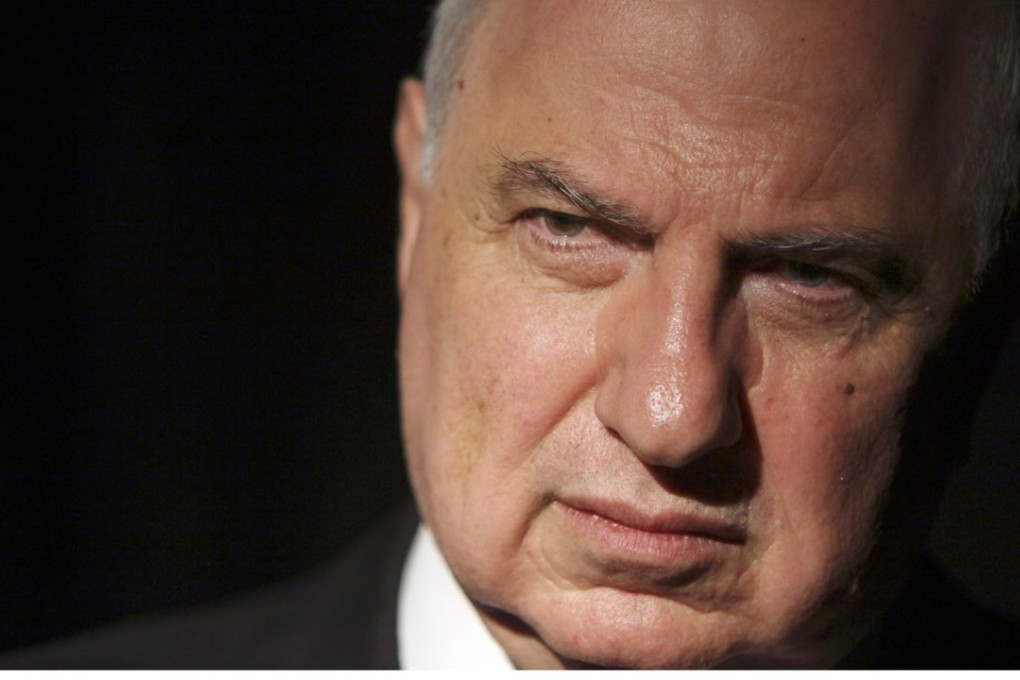Ahmed Chalabi, Iraq invasion cheerleader linked to false WMD reports, dead at 71

Ahmed Chalabi, who did more than any other Iraqi to encourage the 2003 US invasion of Baghdad, has died aged 71.
An exile for most of his life, he remained a political exile inside his country for much of the last decade, his public profile and reputation having waned but his capacity to influence affairs in Iraq and beyond less diminished.

He had fought a 20-year campaign to convince the US to move against the Iraqi dictator. As the war approached, Chalabi provided a stream of informants to US officials and journalists in an attempt to convince them that Saddam possessed weapons of mass destruction – the central plank of the US case for war.
He was instrumental in the passage of the Iraqi Liberation Act, which channelled close to US$100million to opposition groups in the late 1990s, principally his political body, the Iraqi National Congress (INC).
None of the information provided was corroborated, an omission for which Chalabi remained unapologetic while at the same time insisting that he’d been pushing an open door. “We did what we had to do,” he said in 2010. “Saddam is gone and Iraq is a better place. They wanted to go to war anyway.”